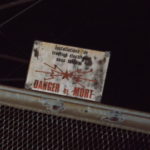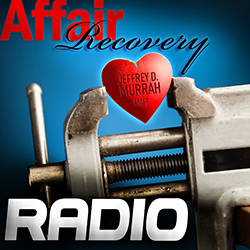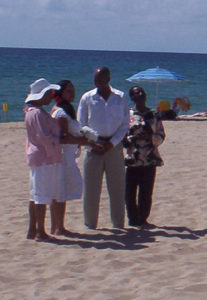This morning my wife shared with me the comments that subscribers wrote on unsubscribing from the emails. The email triggering the most responses in 2020 concerned my post from May, entitled “What Fauci and his fanboys can teach you about Affairs.”
Although the focus was on the importance of trust and how COVID recommendations were impacting trust, some readers reacted strongly to the message. They insisted that trust will not be diminished by the virus and actions taken in dealing with it.
The debate over the impact of COVID protocols on trust is an interesting topic, and one that I think is worth having. Although researchers are looking at trust related to government and medical staff, I am curious about the impact of trust in close relationships. After all, trust is a fundamental element in any relationship. But what happens when trust is broken? How do we repair it?
These are tough questions, and there are no easy answers. But I think it’s important to try to understand the different perspectives
They also took offense at my use of the term ‘fanboy’ in reference to those trusting his ‘expert’ status without question. I come from a generation raised to ‘question’ everything.
Being from such a generation, I dare questioning ‘experts’ and why I should trust them. Many of the ‘experts’ are taken aback at my questioning.
I even dare to research their lives, their writings and background. Even when attending professional conferences, I look at the speaker’s backgrounds and dare ask them questions.
In questioning why I should trust someone I learn things. It also gives me greater clarity concerning my reason for trusting them.
Giving someone your unquestioned loyalty is a recipe for trouble. All the expert has to say is ‘trust me’, and some people blindly trust them. I prefer looking behind the curtain to see if there’s a reason for trusting them.
You may have even blindly trusted your spouse. It sounds romantic, yet in working with couples over decades, you really need something solid to trust in rather than blind trust. When I have something solid, I feel more secure in trusting someone.
For example, if I know my spouse has been faithful in the past and is committed to our relationship, I am more likely to trust them. If they have a history of being unfaithful or if they are not committed to the relationship, it makes it harder for me to trust them.
You can base your trust on their honesty, knowing their heart, experience in how they keep their promises, or their sincerity. What you base it on depends on how big a risk you’re willing to take.
When you have a solid foundation for trust, it gives you more to work with instead of blindly trusting them. At those times you can tell yourself “I trust him because he showed me he is trustworthy by keeping his promises to me…”
If you’re one of those who continues blindly trusting your spouse for no clear reason and want something more solid, there’s hope. In the video “How Can I Trust You Again?”, I address the foundations of trust and what you can do to have them in your marriage.
When you click and download it, you can start making changes in going from blind trust to having a reason for trusting, or not trusting depending on what happens.
Keeping It Real,
Jeff

















